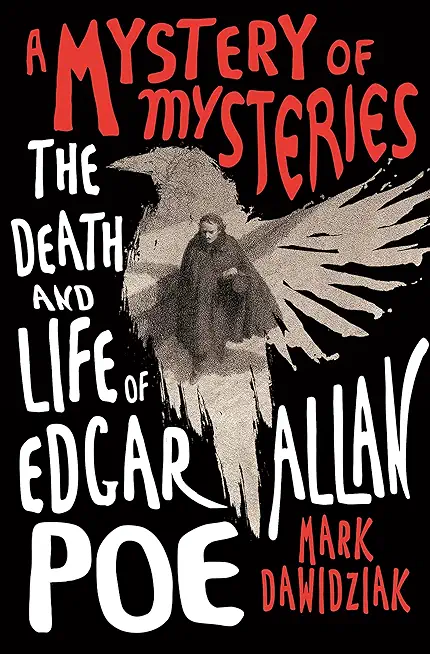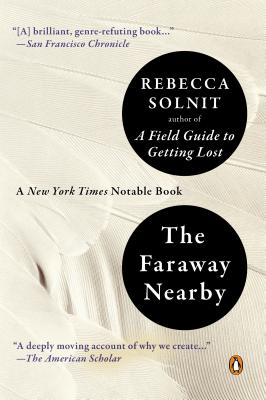
description
atest poet, by the acclaimed translator of the Aeneid "Ms. Ruden has converted the writer of the Aeneid from a noble and stodgy 'ancient' into our contemporary . . . persuasively re-imagined [as] a sympathetic, three-dimensional figure. . . . The existence of the Aeneid is cause for gratitude. So is Ms. Ruden's sensitive, celebratory portrait of its maker."--Willard Spiegelman, Wall Street Journal The Aeneid stands as a towering work of Classical Roman literature and a gripping dramatization of the best and worst of human nature. In the process of creating this epic poem, Vergil (70-19 BCE) became the world's first media celebrity, a living legend. But the real Vergil is a shadowy figure; we know that he was born into a modest rural family, that he led a private and solitary life, and that, in spite of poor health and unusual emotional vulnerabilities, he worked tirelessly to achieve exquisite new effects in verse. Vergil's most famous work, the Aeneid, was commissioned by the emperor Augustus, who published the epic despite Vergil's dying wish that it be destroyed. Sarah Ruden, widely praised for her translation of the Aeneid, uses evidence from Roman life and history alongside Vergil's own writings to make careful deductions to reconstruct his life. Through her intimate knowledge of Vergil's work, she brings to life a poet who was committed to creating something astonishingly new and memorable, even at great personal cost.
member goods
No member items were found under this heading.
Return Policy
All sales are final
Shipping
No special shipping considerations available.
Shipping fees determined at checkout.







